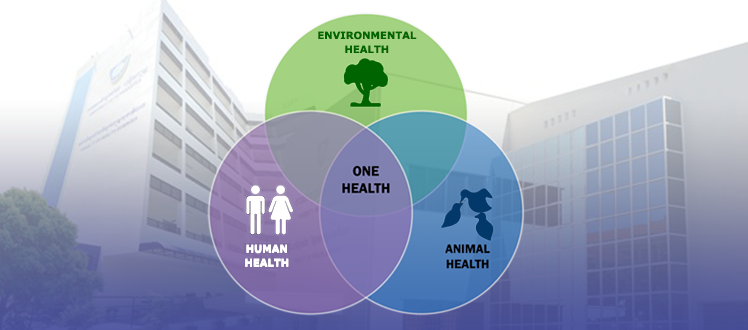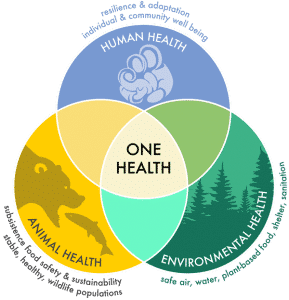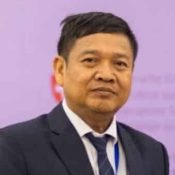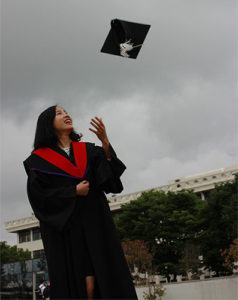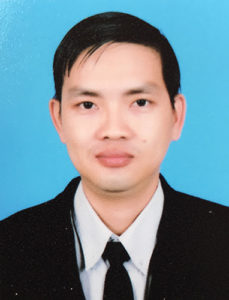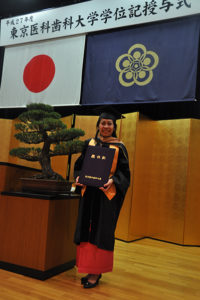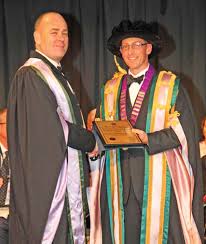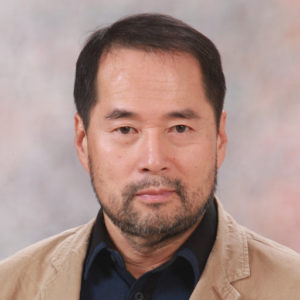The COVID-19 pandemic has highlighted the interaction between the environment, health, and economies. Although it has not yet been proven, there are suspicions that the virus arose through a cross species jump between wildlife, and humans, giving rise to a new or ‘novel’ corona virus, now better known as COVID-19. Since patient zero, COVID-19 has gone on to spread rapidly between individuals, communities, and to every country on the planet, dispelling any illusions of border control when it comes to viruses. The impact of COVID-19 has been catastrophic, resulting in an unprecedented loss of life globally. Corresponding with the impact on health, has been the destabilization of global economies. According to recent projections by the IMF, by the end of 2020 the world economy will contract by 3.0%; developing economies and emerging markets by 1.0%; and the ASEAN-5 countries by 0.6% (IMF 2020). Thailand, for example, has just lost 27 million jobs due to the economic impact of COVID-19 (Khmer Times 2020). Tourism, one of the biggest income sources of Mekong sub-region countries will be particularly hard hit. It is predicted that Cambodia will lose up to $826.5 million, Myanmar $318.8 million, Laos $77.4 million, Thailand $11,923.5 million, and Vietnam $2840.6 million (ADB 2020, 13). Any efforts to address the short- and long-term economic fallout from COVID-19 will require co-operation between national, regional, and global stakeholders.
Early in the COVID-19 pandemic, the Mekong sub-region countries, namely Cambodia, China, Lao PDR, Myanmar, Thailand, and Vietnam, came together to fight the pandemic through mutual assistance and collective measures (Khmer Times, 2020). This was based on a shared understanding that addressing the impact of COVID-19 in the early stages of the outbreak would require co-operation and this would need to continue to evaluate the ongoing and long term impact of the pandemic on health, social and economic wellbeing. Therefore, a key step is working together to evaluate the impact of COVID-19 on societies and economies at a national, regional, and global level.
Although initially a crisis such as COVID-19 creates upheaval and uncertainty, it can also become an opportunity to reflect, strengthen, and reform. Other infectious diseases such as SAR and MERS have highlighted the need for close cooperation between countries. More recently there has been a call for a One-Health approach, which advocates for local and national governments, policy and research think tanks and academia in different disciplines to come together to address the impact of COVID-19. A One Health approach should be commenced, take root, and expand to also prepare for other possible expected/unexpected pandemics. A One-Health approach should also promote solidarity, cooperation, and a sense of working together towards a common goal, that in turn will support a process of multi-level negotiation to pave the way for the development of global environmental and health policy. The spread of diseases such as COVID-19, and SARS have affected not only low and middle-income countries but also high-income countries, demonstrating how the spread of some infections is borderless, and that a single government alone, cannot stop this. The increasing rise of communicable and non-communicable disease, through poverty, pollution, and environmental degradation, has a direct impact on the health and economic development of countries. The growing crisis of COVID-19, which has been more destructive than initially anticipated, has exacerbated this, with growing risks of increasing poverty for those already vulnerable, a humanitarian crisis as health systems struggle to cope, and increasing threats to social governance which could undermine peace and social stability in the world. Therefore, another key step is for governments, including Cambodia, is to adopt a One Health approach underpinned by an ecological model to address public health and environmental concerns and mitigate current and future pandemics. Collaboration and cooperation between the different sectors nationally, regionally, and globally will be essential.
Adj. Asst. Prof. Chem Phalla

